What’s the Buzz
The Bee Healthy Blog
5 Medications That Can Cause Jaw Clenching

Bruxism is the medical term for teeth grinding, which is teeth clenching that often leads to jaw clenching and jaw pain. Bruxism can happen during sleep or while awake, as it is not uncommon for people to unconsciously clench their teeth due to stress, anger, or anxiety. Even though the exact cause for bruxism is unclear, bruxism has been found to be associated with temporomandibular joint (TMJ) disorders, a condition that can cause pain in the jaw joint and jaw muscle. In addition to TMJ disorders, certain medications can also cause these symptoms. In fact, bruxism is an often overlooked adverse effect that can lead to poor medication adherence and other health complications. Please continue reading to learn which prescription medications can cause drug-induced bruxism and temporomandibular disorders.
Is jaw clenching a symptom of a medical condition?
Jaw clenching is a symptom of bruxism, a condition in which you consciously or unconsciously grind your teeth. Bruxism episodes can be nocturnal bruxism or sleep bruxism, which occur at night. Some people clench their jaws during the day. This is called daytime bruxism or awake bruxism.
Severe bruxism can lead to problems such as tooth wear and tear, chipped or cracked teeth, headaches, neck pain, facial pain, jaw pain, tense jaw muscles, temporomandibular joint-related symptoms (TMJ disorder), locking of the jaw, and dislocation of the jaw.
Why am I suddenly clenching my jaw all the time?
Ear, nose, and throat (ENT) specialists and other oral health specialists say that certain personality types, such as aggressive, competitive, anxious, or hyperactive, are risk factors for bruxism. Environmental stressors causing anger and anxiety can also increase the risk of teeth clenching.
Age and genetics also play a part here; bruxism tends to run in the family, and bruxism is common among young children and goes away with age.
Other risk factors include sleep disorders like sleepwalking and sleep apnea and psychiatric disorders like ADHD and Down syndrome. Dementia and Parkison’s disease are other health conditions that can cause bruxism.
In addition, certain medications have been found to cause bruxism as a side effect. If you have suddenly started clenching your jaw all the time, it is worth reviewing your medications with your healthcare provider. One of your medicines could be causing jaw muscle pain through repetitive jaw muscle activity. You should also pay attention to your intake of alcoholic drinks, caffeinated beverages, and tobacco if you start developing teeth clenching since these substances can increase the risk of bruxism.
What medications may cause you to clench your jaw?
Selective serotonin reuptake inhibitors (SSRIs)
Selective serotonin reuptake inhibitors (SSRIs) are used to treat major depressive disorder and other psychiatric disorders such as anxiety, obsessive-compulsive disorder (OCD), and panic disorder. SSRI-associated bruxism can occur in people taking this medication. However, other types of antidepressants, including serotonin norepinephrine reuptake inhibitors (SNRIs) such as venlafaxine and duloxetine, are also reported to cause both awake and sleep-related bruxism.
Appropriate treatment for drug-induced bruxism consists of lowering the dose or drug cessation (discontinuing the offending agent). Switching to another medication is also an option if a certain drug causes bruxism. For example, if you have duloxetine-induced sleep bruxism, your doctor may switch you to a different class of antidepressant. Symptom onset of bruxism is typically 3-4 weeks after starting an SSRI or SNRI or after a dose increase, though there are case reports suggesting that this side effect can happen after the very first dose.
A systematic review of bruxism and serotonergic antidepressants such as SSRIs and SNRIs shows that fluoxetine (Prozac), sertraline (Zoloft), and venlafaxine (Effexor) are the most commonly reported antidepressants with the teeth clenching side effect.
Antipsychotics
Psychotropic drugs such as haloperidol, chlorpromazine, and fluphenazine can cause tardive dyskinesia (TD), a drug-induced movement disorder, and teeth clenching is one of the hallmark symptoms. Though TD can affect other body parts, teeth clenching and other symptoms of orofacial dyskinesia often occur first. Orofacial dyskinesia affects the face, lips, jaw, or tongue, causing grimacing, lip-smacking, tongue rolling, tongue protrusion, and rapid eye blinking. Though TD does not cause jaw pain, jaw ache, and oral complications can happen as a result of repetitive, uncontrolled movement of the tongue, lips, and jaw. Movement disorders specialists say these symptoms can appear after taking antipsychotic medicines for the medium to long-term treatment, though, sometimes this movement disorder can happen even after 1 to 2 years of being on antipsychotics.
Medications used to treat attention deficit hyperactivity disorder
There have been case reports of drug-induced bruxism caused by atomoxetine, a non-stimulant, and methylphenidate, a stimulant. These are medications used to treat attention deficit hyperactivity disorder (ADHD) and attention deficit disorder (ADD). These medications can cause both awake and sleep bruxism. The sleep bruxism and jaw pain caused by ADHD medicines usually go away after the drug is discontinued and the patient is switched to another medicine.
Medications used to treat Parkinson’s Disease
Both sleep bruxism and awake bruxism are common in people with Parkinson’s disease. Parkinson’s Disease causes malfunction and death of nerve cells leading to movement disorders such as awake and sleep bruxism.
Addictive substances
Alcohol, heroin, and stimulant drugs such as cocaine and methamphetamine are associated with significant adverse effects, including poor oral health and tooth wear due to bruxism.
What vitamin deficiency causes unconscious clenching jaws?
Vitamin D deficiency may be linked to unconscious jaw clenching and sleep bruxism. Studies have found that people with low vitamin D levels, low consumption of calcium, and higher anxiety and depression scores tend to have a higher incidence of sleep bruxism. If you have teeth grinding at night, it is worth discussing calcium and vitamin D supplementation with your healthcare provider.
Wrapping up
Drug-induced bruxism (teeth grinding) can lead to repetitive jaw muscle activity, which can cause jaw pain and other symptoms like headache, facial pain, and tooth wear and tear.
Your provider will discuss an effective treatment for drug-induced bruxism. If you have minimal adverse effects, it is typically initially treated with a dose reduction of the offending medicine. Medication cessation and switching to another drug may be necessary if you do not tolerate dose reduction or your bruxism does not improve.
If your bruxism is not drug-induced, treatments are available such as stress management, behavior modifications, biofeedback, muscle relaxants and anti-anxiety medications, botulinum toxin injections, and medications for related sleep disorders such as sleep apnea.
References:
- https://www.hopkinsmedicine.org/health/conditions-and-diseases/bruxism#
- https://www.mayoclinic.org/diseases-conditions/bruxism/diagnosis-treatment/drc-20356100
- https://www.uptodate.com/contents/sleep-related-bruxism-tooth-grinding/print
- https://www.ncbi.nlm.nih.gov/pmc/articles/PMC5914744/
- https://journals.lww.com/clinicalneuropharm/Abstract/2021/11000/Use_of_Buspirone_in_the_Treatment_of.14.aspx#
- https://www.ncbi.nlm.nih.gov/pmc/articles/PMC3275112/
- https://jada.ada.org/article/S0002-8177(14)63437-1/fulltext#relatedArticles
- https://www.ada.org.au/News-Media/News-and-Release/Latest-News/PharmaAdvice-Drug-induced-bruxism
- https://www.ncbi.nlm.nih.gov/pmc/articles/PMC7984358/
- https://www.ncbi.nlm.nih.gov/pmc/articles/PMC6698238/#
- https://www.ncbi.nlm.nih.gov/pmc/articles/PMC6964449/
- https://www.ncbi.nlm.nih.gov/pmc/articles/PMC8060196/
- https://pubmed.ncbi.nlm.nih.gov/8990057/
- https://pubmed.ncbi.nlm.nih.gov/33413308/#
- https://www.ada.org.au/News-Media/News-and-Release/Latest-News/PharmaAdvice-Drug-induced-bruxism
- https://pubmed.ncbi.nlm.nih.gov/29708207/
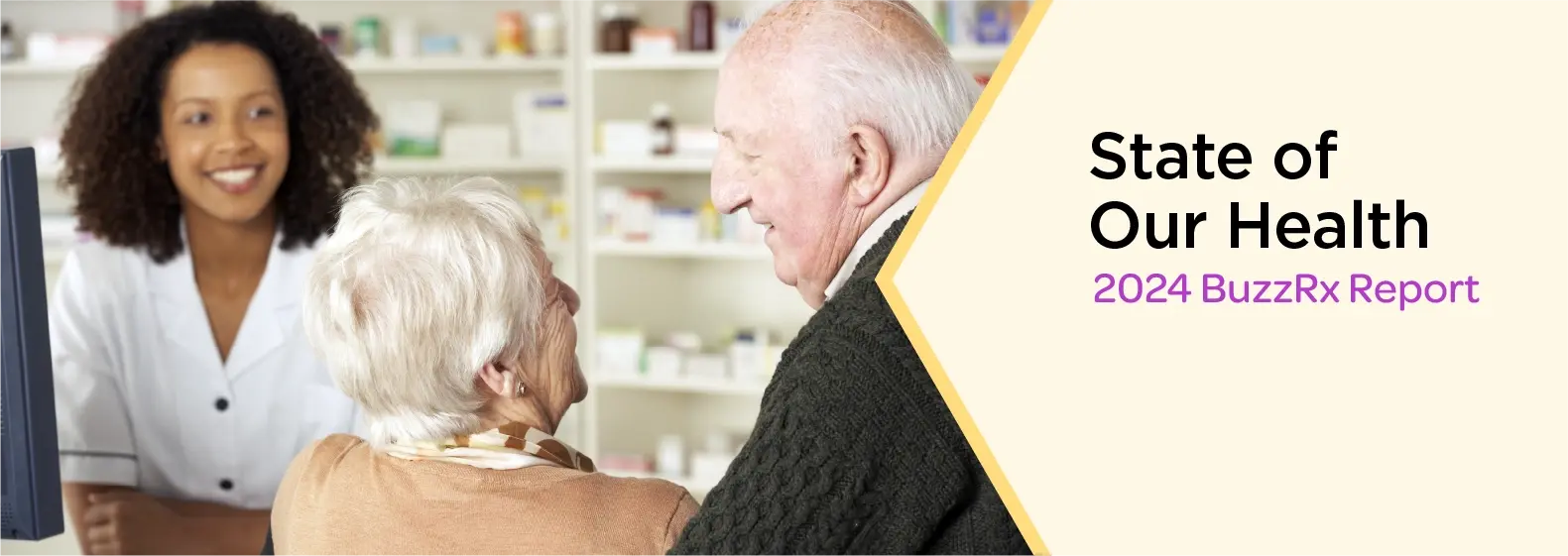
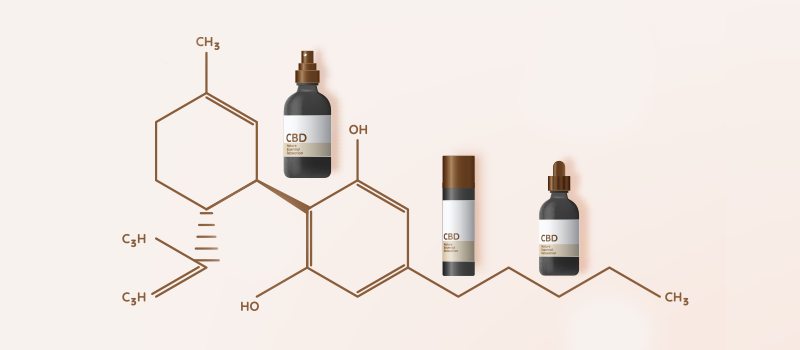
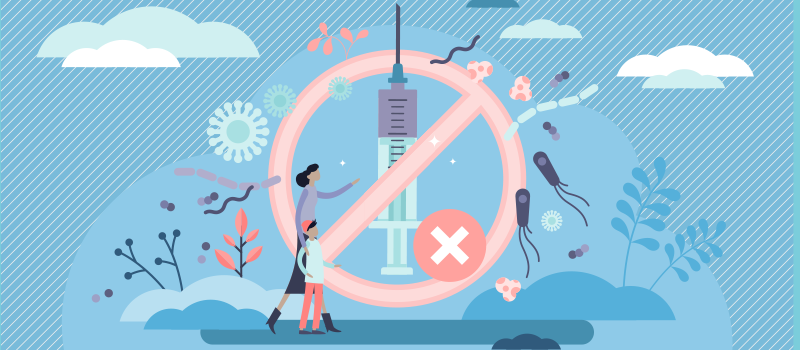
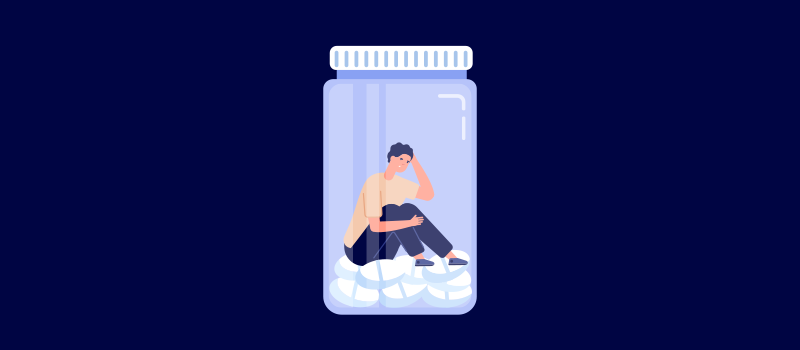
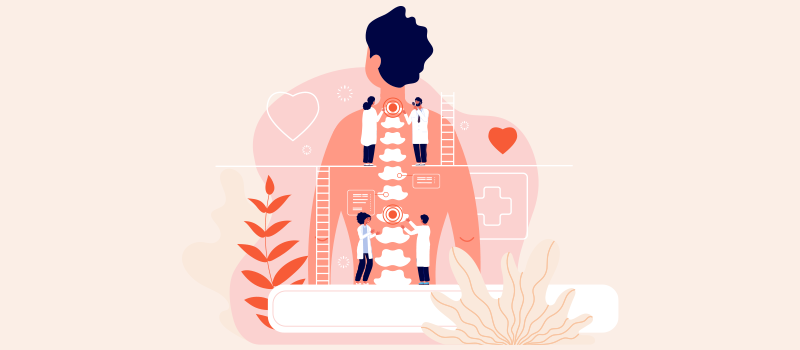
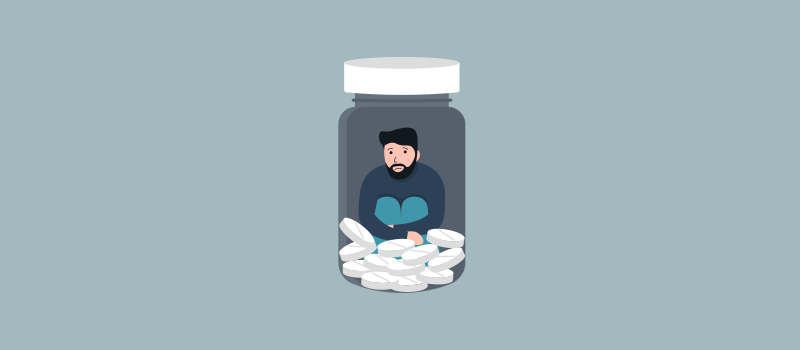
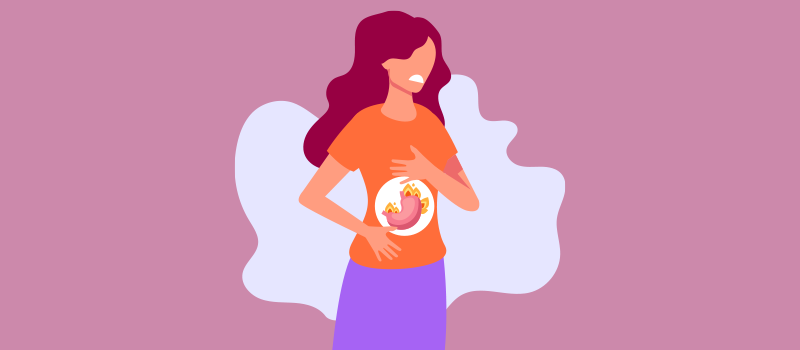
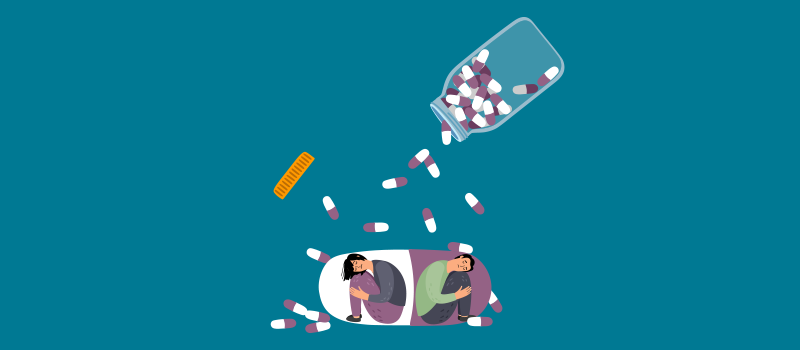


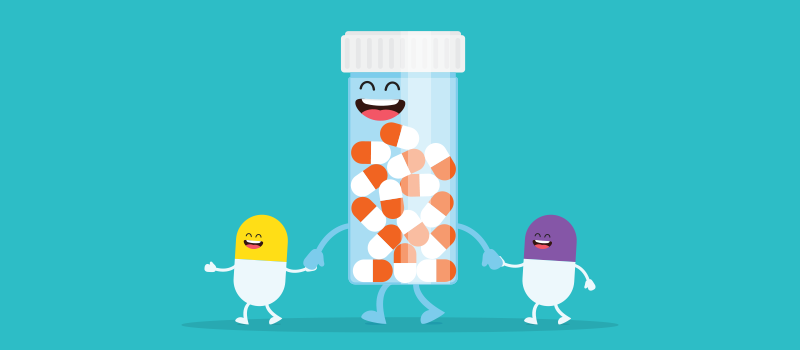

SOCIAL